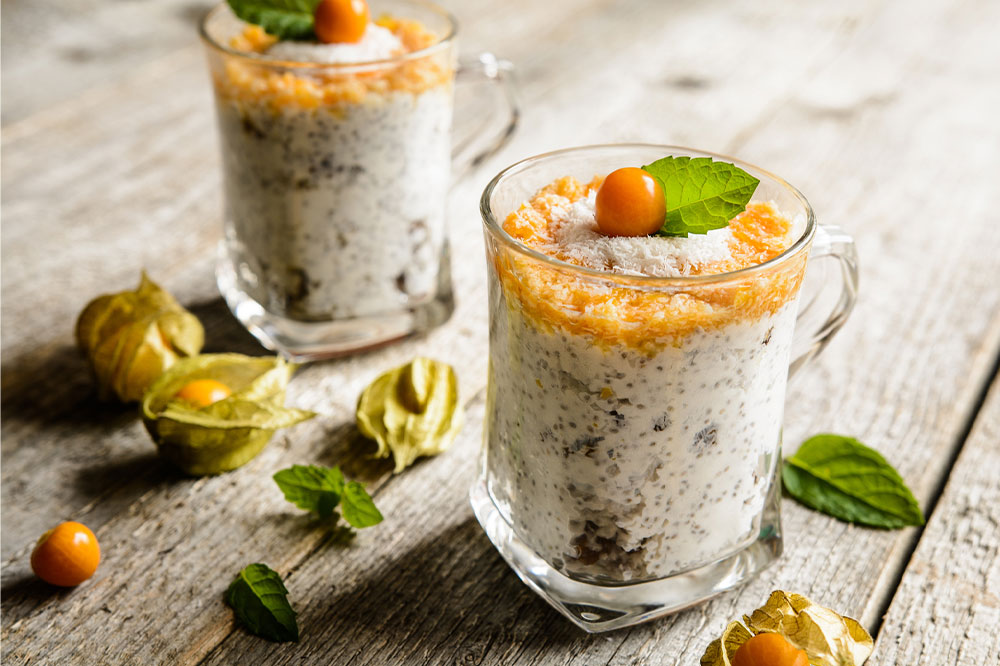
The Link Between Probiotics and Ulcerative Colitis
Ulcerative colitis is a disease where inflammation and sores develop in the colon. Since the digestive system is affected, symptoms can include nausea, vomiting, abdominal discomfort, and changes in stools. Flare-ups can be attributed to certain foods and medications too. As there is no complete cure, treatments involve food and lifestyle changes, such as meditation and consuming probiotics. The article given below explains the link between probiotics and ulcerative colitis.
What are probiotics?
The idea of microbes in your gut can be a little frightening, but these good bacteria help your body metabolize nutrients that your body cannot do on its own. The micro-biome or gut flora makes the human body a live test tube. They cause certain autoimmune conditions, cancer, and surprisingly even mental ailments and mood swings. Probiotics are foods that improve the health of this microbiome. They are supplements taken to balance the microorganisms in the gut and usually contain various strains of the good bacteria that already live inside or are supposed to populate the intestinal walls.
Probiotics and ulcerative colitis
Many people take probiotics daily to support their overall digestive health, but those with ulcerative colitis should definitely include probiotics in their meals. Probiotics act as a barrier, defending the intestinal wall against harmful bacteria. They rebalance the biome, ensuring that inflammation is less and ulcerative colitis symptoms reduce. Probiotics also boost mucus production and support changes in the mucosal immune system in the intestinal tract. Even if you take other treatments for your ulcerative colitis, you should include probiotics as a maintenance treatment.
Which foods to eat?
Foods can be probiotic, i.e., containing the bacteria that is supposed to be present in the body, or prebiotic, including substances that support the growth of the gut biome. The following foods are rich in probiotics and prebiotics. Consider taking them if you already have ulcerative colitis or have a risk of the disease.
1. Yogurt
Yogurt is hands down the best source of probiotics. It is made from fermented milk and contains friendly bacteria like lactobacillus and bifidobacteria. It improves bone health and helps maintain healthy blood pressure. Apart from ulcerative colitis, yogurt also helps reduce Irritable Bowel Syndrome (IBS) and diarrhea symptoms. Remember to have natural yogurt that contains less sugar. Keep in mind that processing it kills the live bacteria.
2. Other foods
Cheese, ice cream, buttermilk, and milk powder are other dairy products that contain probiotics. Soy-based products are an option for those who are lactose intolerant. Many fruit juices are full of chemicals that can balance the biome. Kimchi, sauerkraut, miso, and tempeh are all dishes abundant in probiotics and can benefit ulcerative colitis patients. You can also get over-the-counter supplements that contain certain species of bacteria.
3. Prebiotics
Fermented fibers that help gut microbiota grow can always benefit ulcerative colitis patients. These foods remain unabsorbed in the small intestine, ferment in the intestine, and make the micro-biome healthier. Wheat, chicory, asparagus, bananas, onions, garlic, and leeks are all full of prebiotics. These foods, however, can increase flatulence, bloating, or diarrhea which can be a problem, so remember to eat them in moderation.



